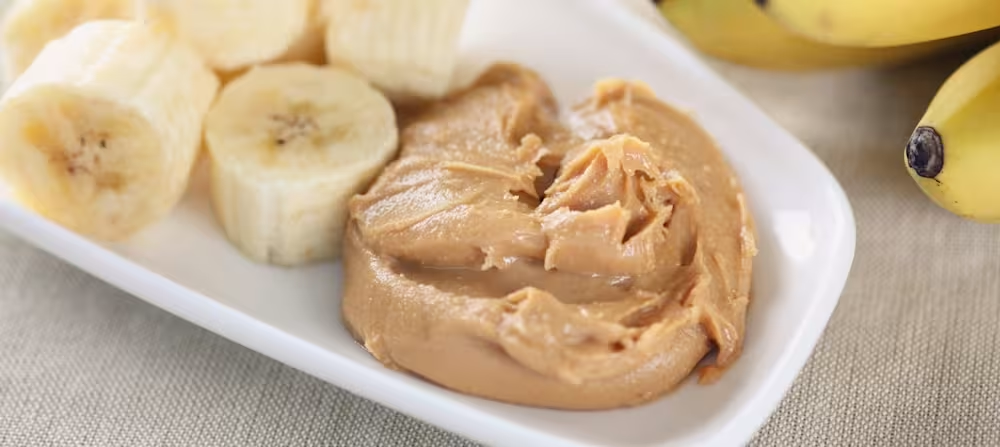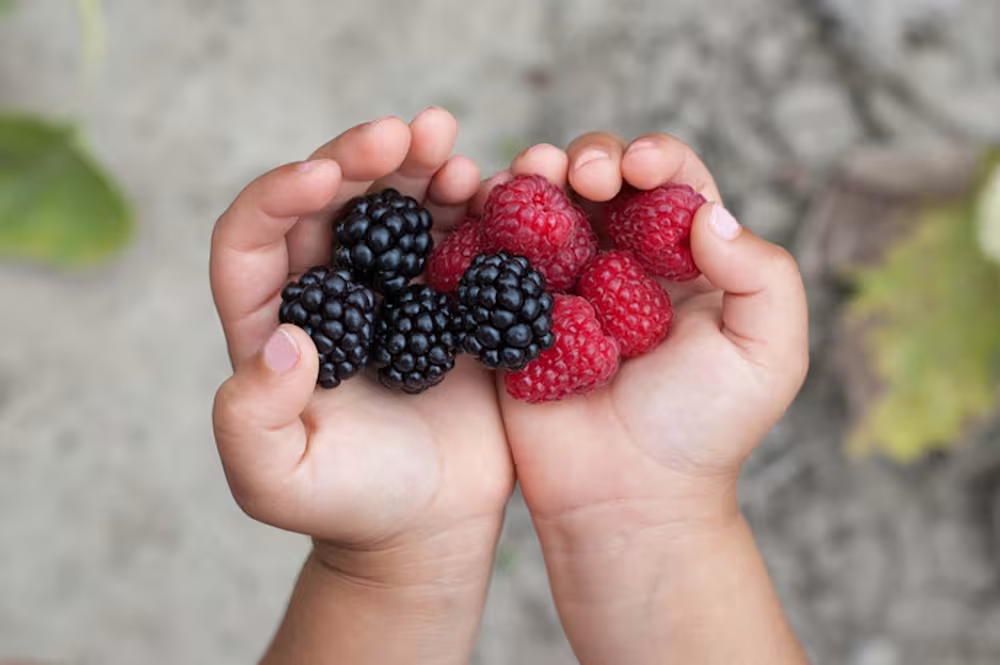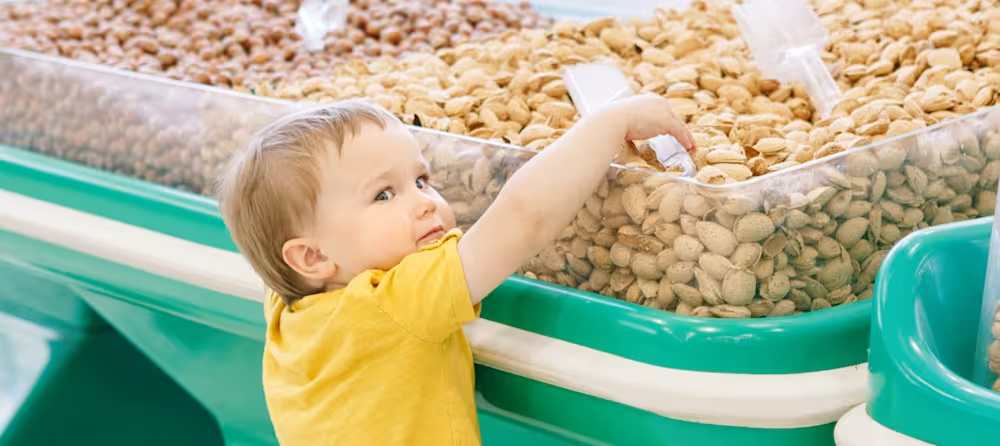9 common food allergies in babies: When to introduce high-allergy foods?
Updated Jan 02, 2026

Food allergies affect about 8% of children in the United States [], and in recent years, that number has been on the rise. Understandably, many parents worry about introducing high-allergen foods to their babies when starting solids. Keep reading for more information on everything you need to know about the top allergy foods for babies including when to introduce them.
Top 9 high allergy foods for babies
According to Johns Hopkins Medicine, the following foods are responsible for 90% of food allergies in children []:
Milk
Eggs
Wheat
Shellfish
Fish
Tree nuts
Peanuts
Soy
Sesame
When should you introduce high-allergy foods to your baby?
For most families, introducing high-allergy foods to your baby can begin as soon as you begin solid foods (more about and here). If you have a family history of food allergies or eczema, be sure to discuss introducing high-allergy foods with your pediatrician as a different approach may be necessary.
While previous guidance recommended delaying the introduction of the top allergenic foods, the American Academy of Pediatrics (AAP) updated these guidelines in 2018 to reflect the latest research. In fact, the early introduction of high-allergy foods, such as peanuts, may help to reduce the likelihood of food allergies [].
It is still best practice to introduce one top allergenic food at a time in order to best be able to identify the cause if an adverse reaction occurs.
Things to know about each allergenic foods
Milk
occurs when the body reacts to a protein found in cow’s milk or cow’s milk products such as cheese or yogurt. It is different from lactose intolerance and is a common food allergy in young children. Cow’s milk should not be introduced as a beverage to babies under one, but you can introduce yogurt or cheese.
Eggs
in young children and many times it is outgrown. Some people with egg allergies can eat them when they are baked in a dish like a cake or a cookie. When introducing eggs to your baby make sure they are well-cooked. Popular egg preparations for babies are scrambled or hard-boiled.
Wheat
Babies who are allergic to wheat need to avoid foods such as breads, pastas, and crackers as well as certain whole grains such as farro, rye, and barley. A wheat allergy is separate from a gluten allergy or Celiac disease. Toast and soft pasta are two wheat-based foods that are easily introduced to babies.
Shellfish
A shellfish allergy is different from a fish allergy and includes foods such as lobster, crabs, shrimp, and mussels. Some research shows that a shellfish allergy is more common in adults than children []. Shellfish can be difficult to introduce to babies due to their texture. Try serving it in a puree or chopping it into bite-sized pieces once your baby is able to eat finger foods.
Fish
A fish allergy is an allergy to finfish, not shellfish, and includes foods such as salmon, cod, whitefish, and tilapia. Fish can be introduced to babies when starting solids and may be easier to eat when made into a burger or patty.
Tree nuts
Tree nut allergies include allergies to the following kinds of nuts: walnut, almond, hazelnut, pecan, cashew, and pistachio. Whole nuts are a choking hazard and should not be served to babies. Rather, serve as nut butter, very thinly spread on a piece of toast, or mixed thinly into oatmeal or yogurt.
Peanuts
A is an allergy to peanuts and peanut products like peanut butter. It is one of the most common food allergies in kids, and for this reason, many daycare centers and schools are peanut-free. Whole peanuts and peanut pieces are choking hazards for young babies. Instead, serve peanut butter thinly spread on toast or mixed thinly into oatmeal or yogurt.
Soy
A soy allergy includes soybeans and soybean products such as tofu. Many packaged foods contain some form of soy, so it’s important to read nutrition labels closely. When introducing soy to babies, try soft tofu.
Sesame
Sesame is now considered one of the top allergen foods and is required to be disclosed on nutrition labels starting in January 2023. To introduce sesame to a baby, try serving hummus made with tahini thinly spread on toast.
Least allergenic foods for babies
A food allergy can occur with any food, but certain foods are typically low-allergenic. They include:
Fresh or frozen vegetables
Fresh or frozen fruits
Meat
Poultry
Rice-based grain products
Corn-based grain products
Takeaway
Food allergies can be a top concern for parents who are introducing food to their babies. As a general rule, the top allergenic foods should be introduced early and on multiple occasions. If you have any concerns, discuss a plan with your pediatrician.
Share article:
Note: The content on this site is for informational purposes only and should not replace medical advice from your doctor, pediatrician, or medical professional. If you have questions or concerns, you should contact a medical professional.
5 Sources
Share article:





